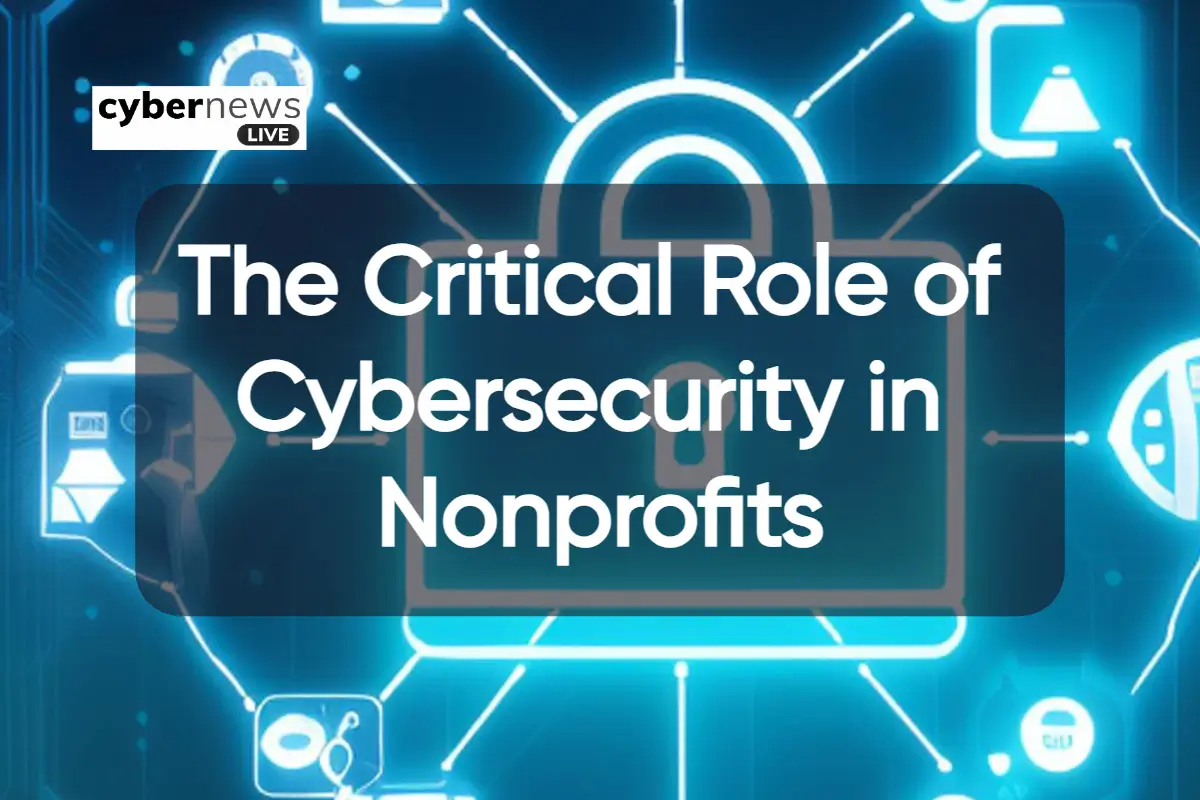

Cybersecurity for Nonprofits – A Critical Role for Organizations
Nonprofits face unique cybersecurity challenges, including outdated systems, insufficient training, and inadequate security measures. Due to budget limitations, these organizations often treat technology as functional tools rather than vital investments. Fortunately, simple solutions such as regular system updates can significantly reduce vulnerabilities and strengthen defenses against cyber threats.
Why Nonprofit Cybersecurity Matters
Cybersecurity is essential not just to protect sensitive information but also to ensure stakeholder trust, donor confidentiality, and mission continuity. Nonprofits frequently handle critical data, from detailed donor information to sensitive financial records, making them prime targets for cyber threats such as phishing scams and data breaches.
Current Cybersecurity Challenges
Many nonprofits lack comprehensive cybersecurity plans, increasing their vulnerability to attacks. Notable examples include:
- A Philadelphia food bank losing nearly a million dollars in a sophisticated email scam.
- The Red Cross experiencing disruptions due to a significant cyber attack exposing confidential donor information.
- Save the Children falling victim to a CEO fraud attack, losing over $1 million.
Risks and Consequences of Cybersecurity Breaches
Cyber breaches can severely impact nonprofits by:
- Exposing confidential donor and financial data.
- Damaging stakeholder trust, leading to reduced future fundraising.
- Triggering costly legal repercussions due to non-compliance and unmet contractual obligations.
Key Cybersecurity Challenges for Nonprofits
Nonprofits commonly face:
- Outdated Systems: Limited budgets lead to reliance on older, vulnerable technology.
- Insufficient Training: Lack of dedicated IT staff leaves personnel unaware and vulnerable to evolving cyber threats.
- Inadequate Security Measures: Absence of clear incident response plans delays reaction time, escalating potential damage.
Cost-Effective Cybersecurity Measures for Nonprofits
Improving cybersecurity does not always require significant financial investment. Effective, budget-friendly solutions include:
- Regular Updates: Keeping operating systems and software updated significantly reduces vulnerability.
- Cybersecurity Awareness Training: Affordable training programs educate staff to identify and avoid common cyber threats like phishing scams.
- Incident Response Plan: Developing a simple yet clear incident response strategy ensures timely and organized responses, minimizing attack damage.
Final Thoughts
For nonprofits, cybersecurity is not just a technical issue; it is a strategic imperative vital for organizational integrity, donor confidence, and operational success. Effective cybersecurity practices protect sensitive information, uphold donor trust, and secure the long-term impact of charitable missions.
Stay informed and empowered with Cyber News Live! Join us for insightful discussions, expert analysis, and valuable resources that promote cyber awareness and safety in education. Don’t miss out—tune in to Cyber News Live today!
